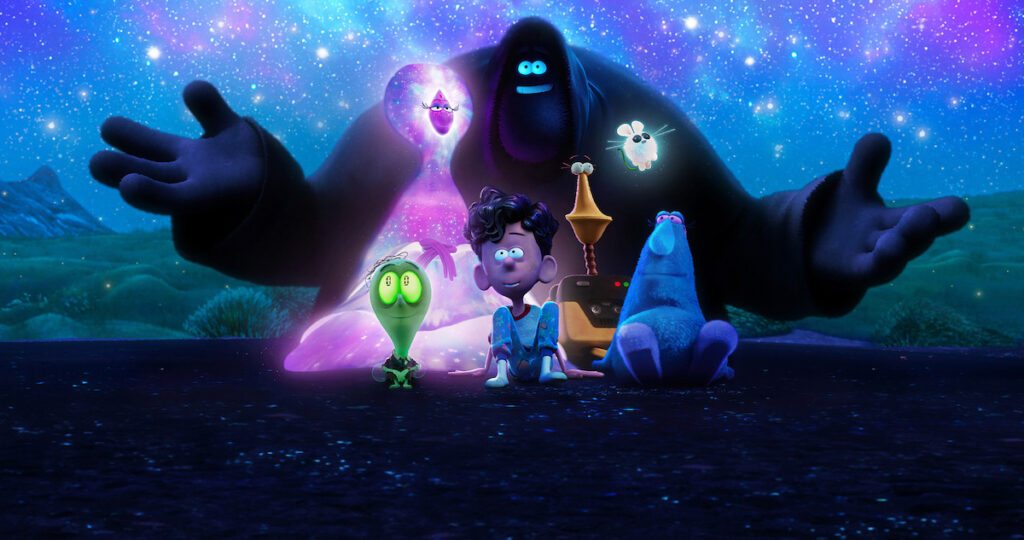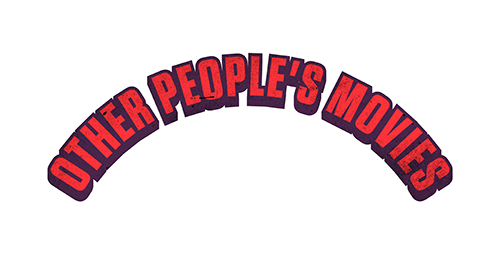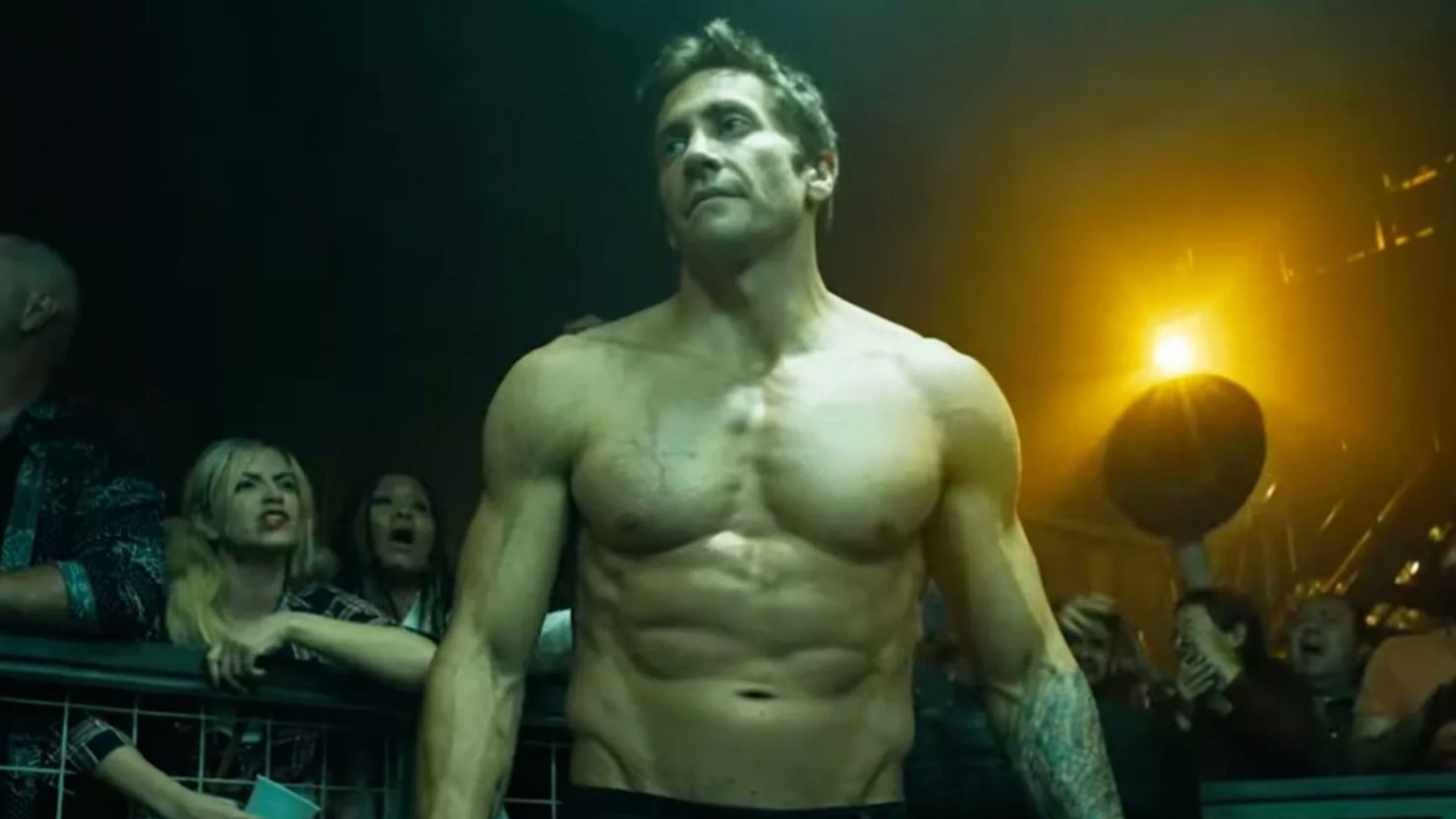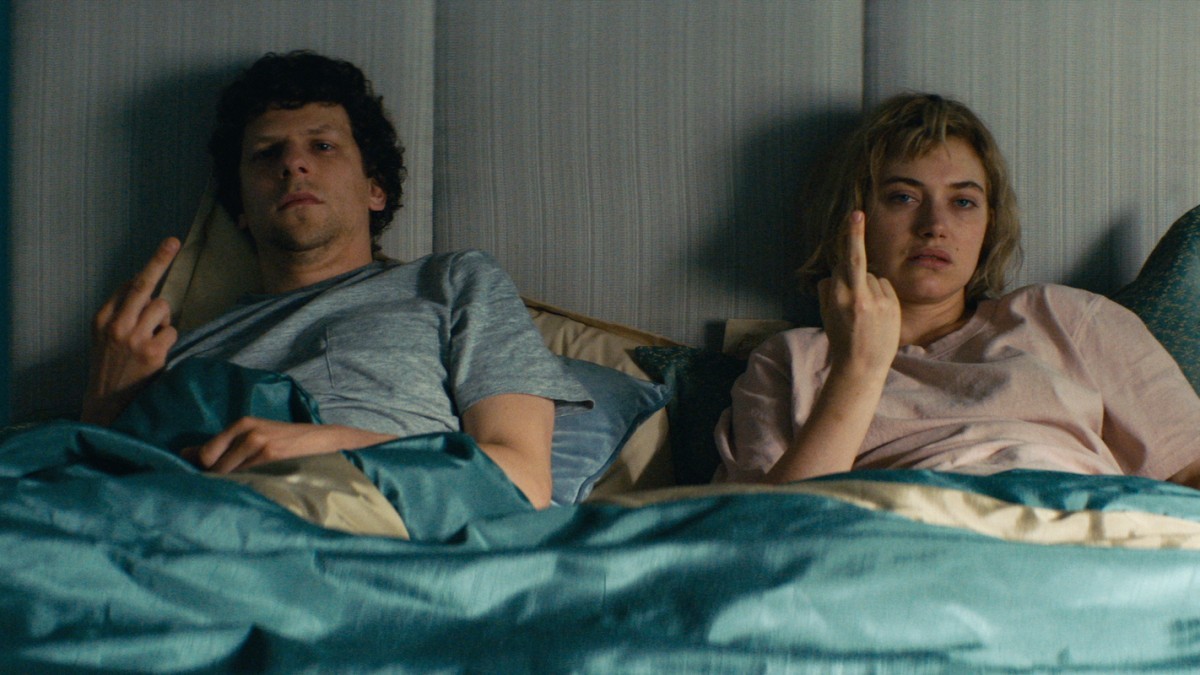
The idea of Being John Malkovich, Adaptation, and Eternal Sunshine of the Spotless Mind screenwriter Charlie Kaufman penning a kids’ movie is ludicrous. The cynically hilarious, absurdly surreal, bluntly honest, and neurotically charged writer’s sensibilities have served his past, R-rated work quite well. The same mind writing for children is an utterly inappropriate concept at first glance and only seems to be more so the further it is pondered.
Well, it actually does exist. Charlie Kaufman has written a children’s movie. Though it is adapted from Emma Yarlett’s book and doesn’t come from his own story, Orion and the Dark’s screenplay is solely credited to Kaufman. Typical of his work, there are some great, moving, sophisticated, and mind-bending ideas present throughout the film. Whether or not they all fit within a film geared towards reaching and entertaining children, however, is another story.
The results of Kaufman writing for children are predictably mixed. He has the ingenuity to capture a child’s imagination, for certain, but he also obviously lacks interest in telling a cohesively straightforward story that is smoothly digestible. The film often struggles because its script is unevenly paced and overcluttered with complex concepts–things any children’s movie should know to avoid.
The story of Orion and the Dark is filled with creativity. A charmingly good-natured and fear-ridden eleven-year-old boy named Orion (voiced by Jacob Tremblay) struggles his way through everyday life. He is unable to talk to the girl of his dreams, attend field trips, or get through an evening without waking his parents because he is so riddled with anxiety. Typical of Kaufman, we hear his internal fears in voice-over during the film’s opening moments, innocently echoing Nicolas Cage’s neurotic internal rant that opens Adaptation. He is then visited by the embodiment of his greatest fear, Dark (voiced by the endlessly amusing Paul Walter Hauser), who offers to show Orion the not-so-terrifying reality behind his existence to alleviate Orion’s fears. The embodiments of Light, Sleep, Insomnia, Dreams, and Quiet also become inventive and delightful additions to the story.
Orion and the Dark starts to truly falter when it takes on a story-within-a-story (and, eventually, a story-within-a-story-within-a-story) framework that becomes too complicated for its own good and winds up stalling the pacing of the primary storyline. Simplicity would have been a welcome presence in the increasingly convoluted narrative. The film often feels like it is overcompensating with unnecessary content because its main storyline doesn’t have enough meat on the bone to comfortably reach a feature-length. It would have made a terrific and memorable forty-five-minute short film, but the film lacks the consistent and organic forward momentum of ideas and plot needed to sustain a successful and interesting children’s feature.
Orion and the Dark’s sub-Pixar computer animation style and designs are passable but overall generic. Given the ingenuity of the premise and many of its stronger concepts, the film would have benefitted greatly from more creative character renditions and a less common animation style. The film may not entirely succeed, but it does at least try to do something new within the realm of a children’s movie, which is something its visuals could have far better supported.
Despite its many charms, Orian and the Dark is a bit of a confused movie. It’s a children’s story filtered through some rather adult sensibilities that wind up weakening its entertainment value significantly. It’s hard to tell for whom, exactly, the film was made. Despite the high quality found in many of its concepts, Orion and the Dark makes the mistake of trying to reach too many people and will most likely wind up appealing to very few of them as a result.
GRADE: C



